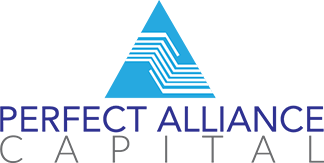Equipment leasing is a powerful tool that every business owner should consider for their financing needs. Leasing equipment is a type of loan where the business rents equipment, machinery or vehicles for a set length of time. At the end of the lease, the business does not own the item. However, some leases allow you to buy the equipment when the lease ends.
Leasing should not be confused with financing. When you finance equipment, you take a traditional loan and pay it off in monthly installments. The bank uses the item as collateral, and you own the equipment at the end of the loan. Here are some things to consider when deciding to lease.
Maintenance Plan
Maintenance plans are typically included in the lease agreement. This ensures that the equipment stays in peak condition while having those costs included in your financing. Should you choose to purchase the equipment at the end of the lease, you have added security in that you know how the equipment has been maintained.
Lender Requirement
Lenders are less stringent with their requirements for equipment leasing. Lenders typically do not require a large down payment. When cash flow is low, leasing allows you to acquire equipment critical for your business needs. Lenders are more flexible toward businesses that have lower credit scores or who have not been in operation very long.
Equipment Lifetime
Many pieces of equipment have a short life expectancy before an upgrade is required. Leasing allows you to maintain the most current equipment without having to offload older equipment. Some businesses also win a contract for a job that requires a specialized piece of equipment. You can lease the equipment, allowing you to utilize the tool without making a long-term commitment.
Tax Benefits
Tax credits may be available to your business for leasing, and many businesses deduct the monthly payment as a business expense. Your tax professional can assist you with this.
Monthly Payment
A lease typically has a lower monthly payment, as the item will be returned to the vendor for reconditioning and sale.
Fleet Repairs
If equipment in your fleet is damaged or undergoing lengthy repairs, this can be detrimental to your profitability. Leasing allows you to maintain productivity during this time.
Utilizing equipment leasing as part of your financial strategy can have many benefits for your business. When you examine factors associated with leasing, it is easy to make an informed decision.
